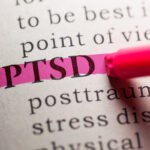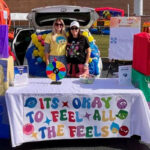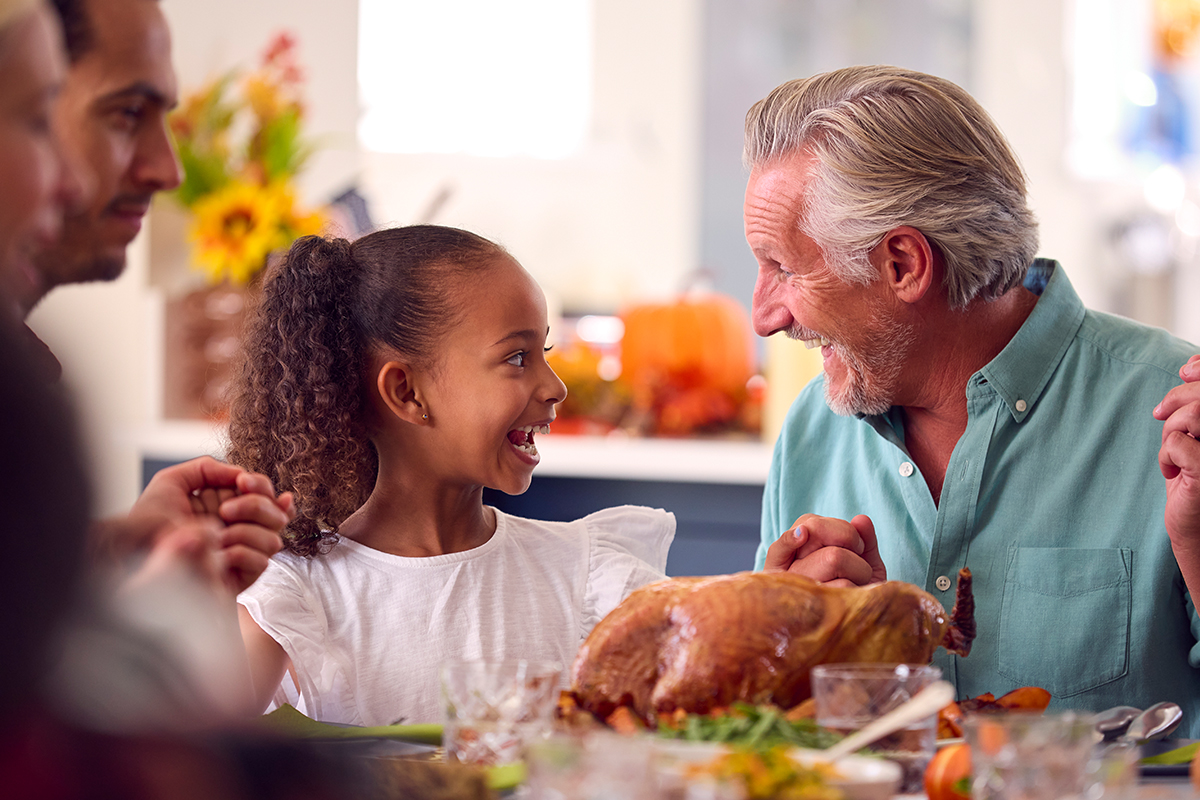Oftentimes expectations of the “picture-perfect” family get-together can put a damper on Thanksgiving Day realities, especially if somebody in your family struggles with attention deficit hyperactive disorder or ADHD.
Many parents realize the challenges ADHD presents with school work or activities that require sustained focus yet they forget about the social implications of the condition.
“If your child struggles with being on their best behavior at family gatherings, they are not alone. Children with ADHD can find big family occasions over stimulating so it’s important to ‘have your child’s back’ throughout the day,” explains Clinical Psychologist Jared Treiber Ph.D., Chicago Mind Solutions.
Indeed, children with ADHD can become overwhelmed by the stimuli of sounds, sights, and activities, which they can’t filter out. As a result, they might become impatient; overly active and wound up; or complain about the noise level.
On the other hand, imagine how hard it is for grandparents, aunts, uncles, cousins, or friends to understand exactly why your child does not “behave.” Some relatives may be well versed in ADHD information, but most don’t understand.
How ADHD Appears in Boys v. Girls
Don’t forget, ADHD is a neurodevelopmental disorder that never takes a vacation.
When sensory overload happens, adolescent boys will tend to display externalized ADHD symptoms, such as: impulsivity; hyperactivity, such as running or fidgeting when seated; and physical aggression.
In adolescent girls with ADHD, signs of over-stimulation include: withdrawal, anxiety; “daydreaming”; and engaging in verbal aggression, like teasing, taunting, or name-calling.
Take Five
Once you’re aware that the impetus for your child’s misbehavior is due to ADHD, you can help make the holidays a happier time for the entire family with a little thoughtfulness, helpfulness and planning.
Here are five ways to have your child back to help minimize the chances of ADHD-related meltdowns, courtesy of Chicago Mind Solutions:
1. Make a “Plan B”: Before the holiday begins you may want to work out a back-up plan. If you know your child has a hard time sitting still through a long meal, sit next to your child to help them focus, or make pre-arrangements for your child and a cooperative relative to excuse themselves to another room for a book or quiet game.
2. Energy to Burn: A healthy dose of exercise before a holiday gathering will help minimize symptoms of ADHD. Likewise, mini exercise breaks throughout the day, like a walk around the block or playing catch outside, also help. Whether or not you turn a certain favorite physical activity into a holiday tradition of friendly competition is entirely up to you.
3. Check Points: A quick check-in, say a five to 10 minute break every hour with your child, can help curb any ADHD-related havoc.
4. Added Incentives: If older kids and teenagers resent being away from their friends during family gatherings, negotiate a special activity with their friends afterwards as a reward. Not only will it improve their cooperation, but also help clarify expectations for the entire day.
5. Avoid Processed Sugar and Too Much Dairy: Certain foods can aggravate symptoms of ADHD, such as cow’s milk and cheese and foods/beverages high in processed sugar, so it’s in your child’s best interest to skip these or consume in moderation.
Rather than leave the day to chance, ADHD is less likely to spoil the fun with some foresight and supervision. There are really no hard and fast rules that will guarantee “perfection,” but planning ahead can help you bypass any unintended holiday curve balls.
After all, your child deserves happy Thanksgiving Day memories, too.






